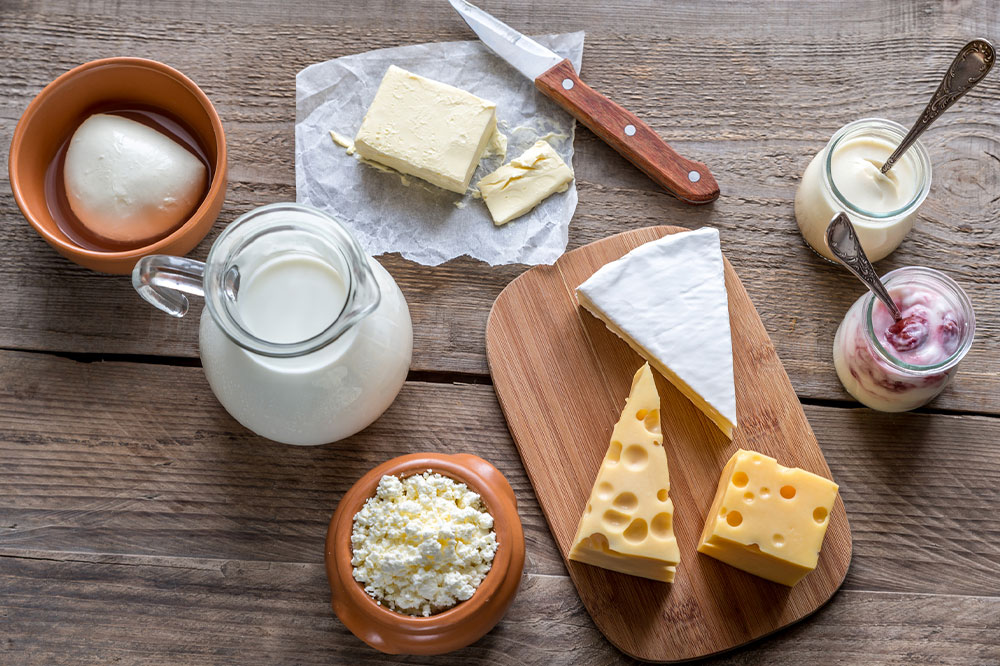5 foods that may trigger a nasal polyps infection
Nasal polyps are soft, noncancerous growths that line the nose or sinuses. Small polyps may not cause any symptoms, but larger ones can block the nasal passages. While multiple treatment options are available for nasal polyps, nutrition plays an important role in managing the condition and reducing the risk of nasal infections like sinus inflammation or sinusitis. Researchers have identified certain foods that can worsen nasal polyps and aggravate sinusitis.
Here, we’ve listed some foods that people with nasal polyps must avoid.
Dairy
Dairy products increase mucus and phlegm production, which can worsen nasal congestion. Also, some studies show that people who are allergic to the protein found in dairy products can develop nasal polyps.

Legumes
Beans and lentils are nutritious and contain several beneficial compounds like salicylates. However, people who are hypersensitive to salicylates may develop nasal polyps as a side effect. This natural compound can also trigger nasal allergy or rhinitis and aggravate sinus inflammation. Foods like cauliflower, pickled vegetables, strawberries, watermelon, oats, corn, and rosemary contain salicylates.
Tomatoes
Tomatoes contain a compound called histamine. And while the body naturally produces histamine, the buildup of this compound causes sinusitis-related symptoms like sneezing, nasal congestion, runny nose, and breathing difficulty.
Refined sugar
Foods high in refined sugar, such as pastries, candies, chocolate bars, and fruit juices, can cause inflammation and exacerbate sinusitis symptoms. Completely avoiding such foods may not be necessary, but it’s crucial to significantly reduce refined sugar intake.
Red meat
Consuming excessive amounts of protein-rich red meat can lead to the excessive production of mucus in the body. Such a buildup increases nasal congestion and worsens sinusitis symptoms. People with nasal polyps or sinus inflammation must limit their intake of red meat, such as beef, lamb, and pork.

